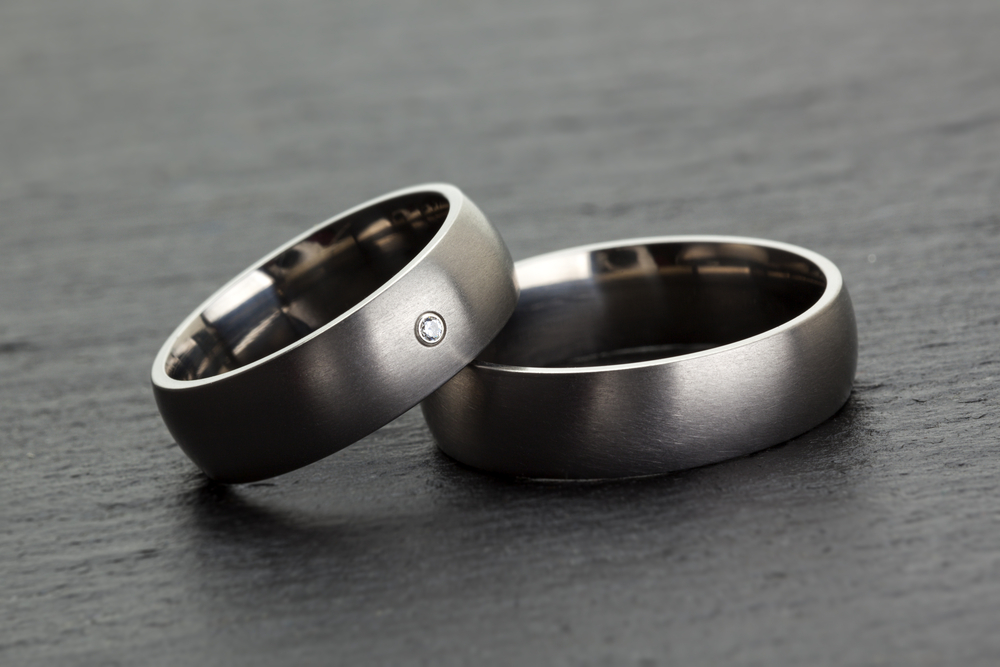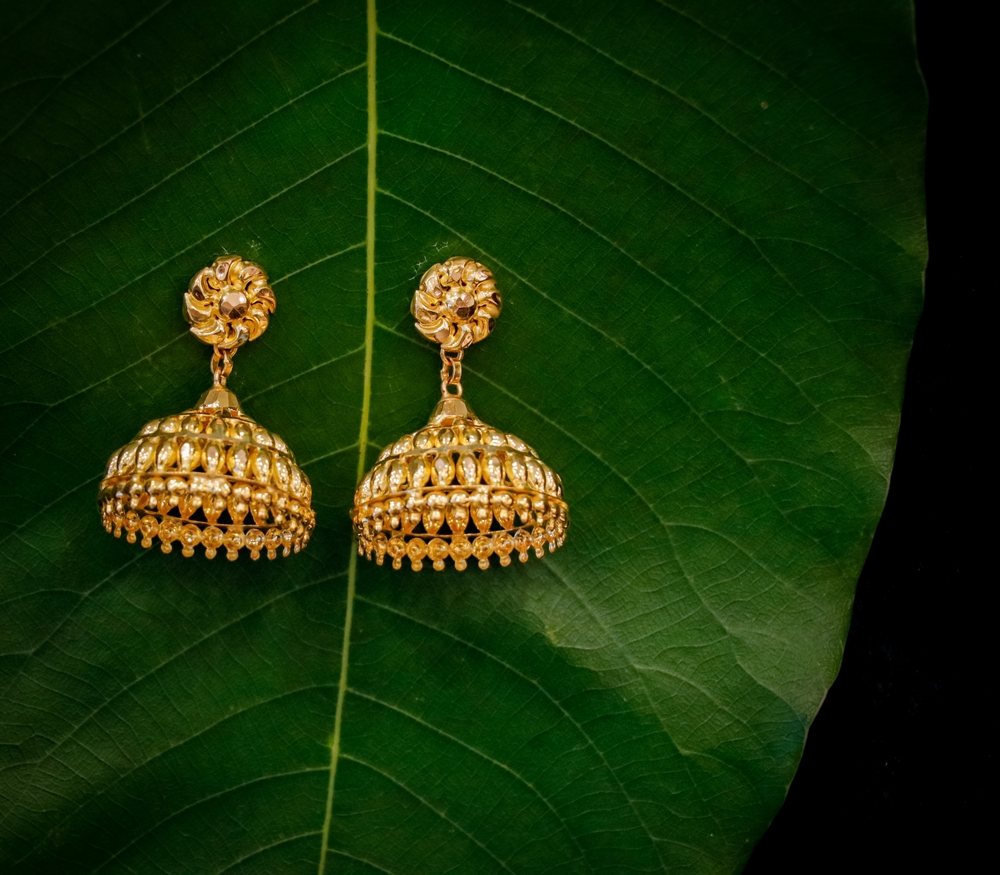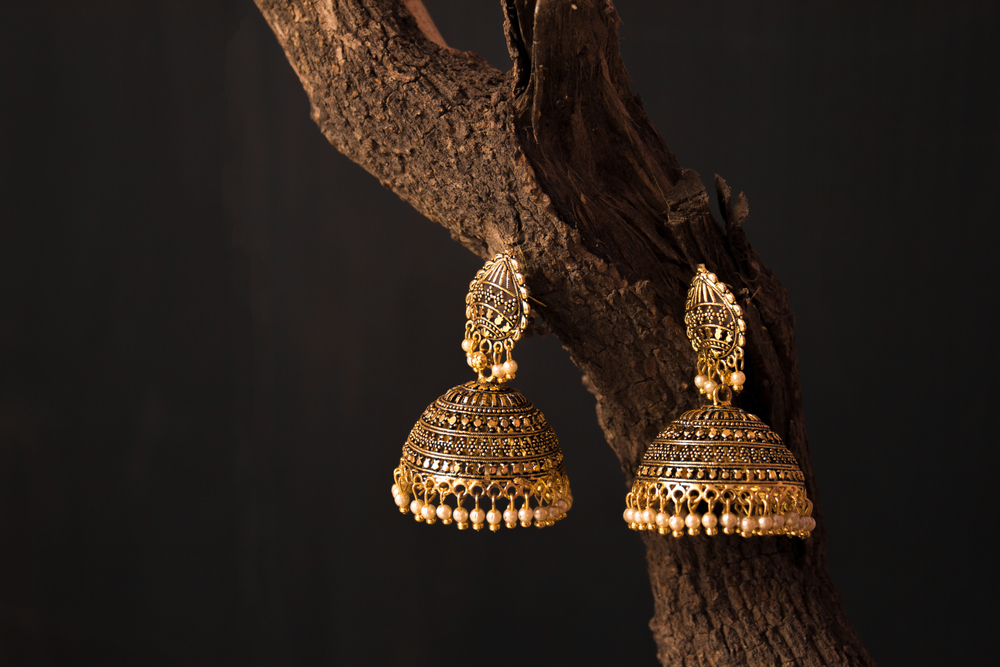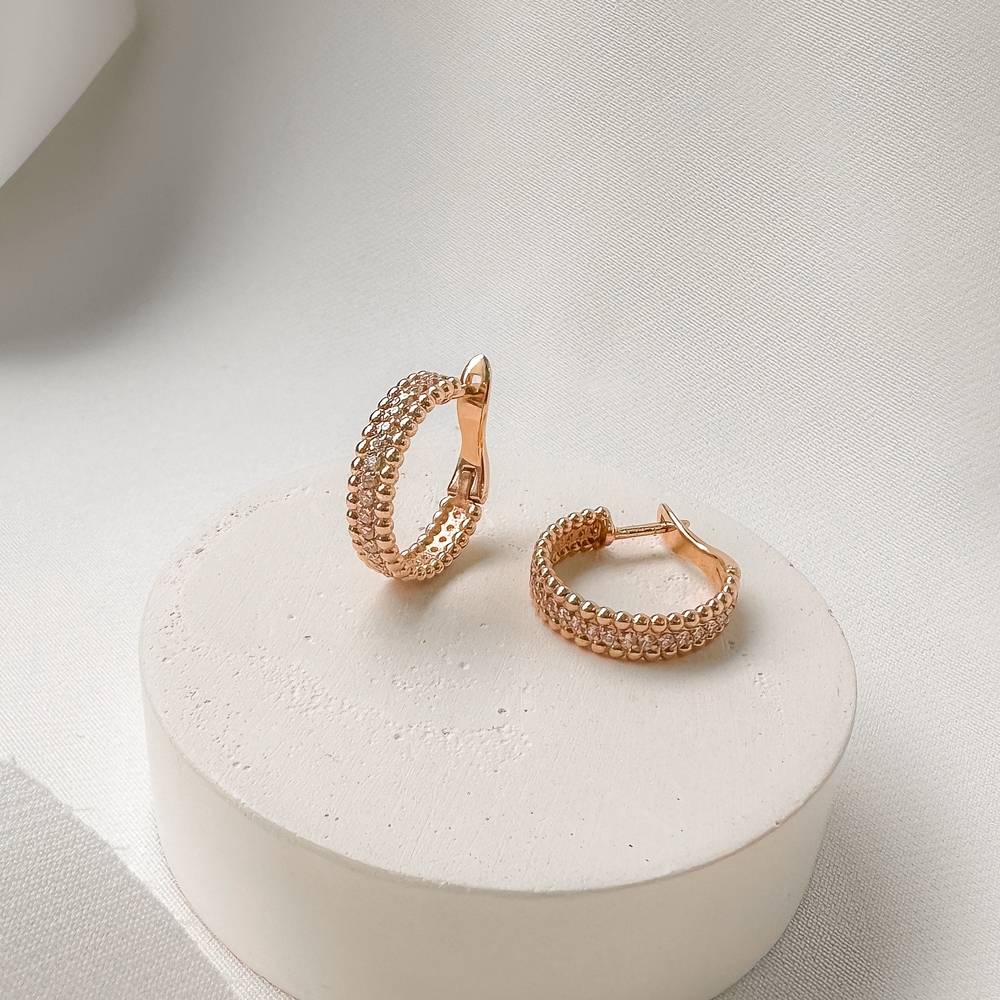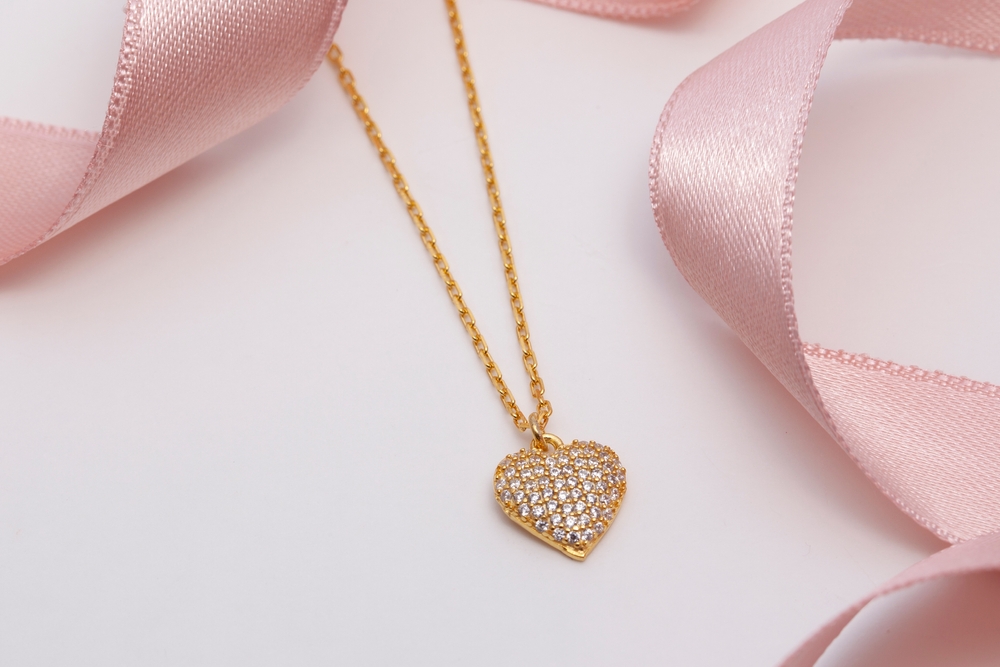Introduction
Choosing the right metal for jewellery is a significant decision that can influence the piece’s overall look, durability, and even its sentimental value. Among the most popular choices are gold and platinum, each offering unique characteristics that cater to different tastes and needs. Understanding these differences can help you select a piece that resonates with your personal style and lifestyle. This blog will explore the essential differences between gold vs. platinum, helping you make an informed choice when it comes to your jewellery. At Aarchievgold, we offer a wide selection of both gold vs. platinum jewellery, ensuring you find the perfect piece that aligns with your preferences and values.
Why Choosing the Right Metal Matters
Selecting the right metal is crucial because it affects not only the aesthetic appeal of your jewellery but also its longevity and maintenance requirements. Gold vs. Platinum is a common debate among consumers, and understanding their differences can lead to a more satisfying purchase. The right choice can enhance your overall look while ensuring that your jewellery stands the test of time. Additionally, considering how often you wear your jewellery can further influence your decision.
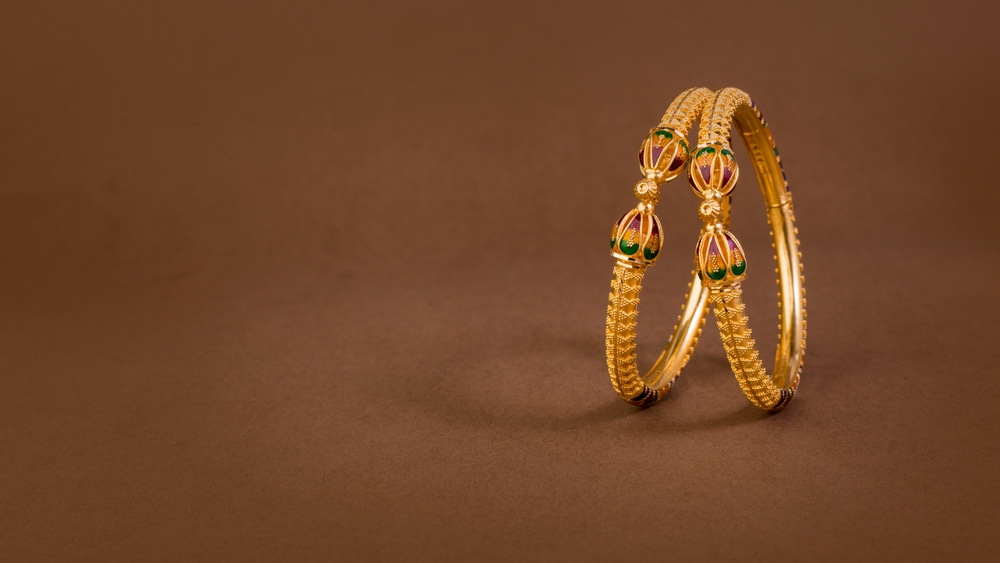
Understanding the Basics: Gold vs. Platinum?
The Characteristics of Gold: Purity, Color, and Weight
Gold is known for its distinct yellow hue, which can vary based on its purity level measured in karats (K). Pure gold is 24K, while 18K gold contains 75% gold mixed with other metals for durability. This alloying process can also alter its color, leading to variations like white gold or rose gold. Gold’s lightweight nature makes it comfortable for everyday wear, making it a popular choice for rings and necklaces alike. Furthermore, its historical significance adds to its charm, as gold has been cherished for centuries across different cultures.
The attraction of Platinum: Durability, Rarity, and Strength
Platinum, on the other hand, is a naturally white metal that boasts exceptional durability. Typically used in jewellery at 95% purity (950 platinum), it is denser than gold, giving it a substantial feel. Its rarity adds to its attraction; platinum is much less abundant than gold, contributing to its higher price point. This scarcity means that platinum pieces are often seen as exclusive and luxurious. Additionally, many people appreciate platinum for being hypoallergenic, making it an excellent choice for those with sensitive skin.
Gold vs. Platinum: Durability and Longevity
How Gold Holds Up Over Time: Softness vs. Strength
Gold’s softness makes it susceptible to scratches and dents over time. While it can be polished to restore its shine, repeated wear can lead to material loss. This characteristic makes gold vs. platinum an important consideration for those seeking long-lasting pieces. Regular maintenance can help mitigate some wear and tear, but understanding this aspect is vital before making a purchase. For those who prefer jewellery that withstands daily use without significant signs of wear, this factor may heavily influence their choice.
The Unyielding Nature of Platinum: Resilience and Tarnish Resistance
Platinum’s resilience sets it apart from gold; it does not wear away as quickly. Instead of losing material when scratched, platinum tends to “mushroom,” meaning the metal shifts rather than diminishes. This quality makes platinum an excellent choice for settings that require durability, such as engagement rings. Moreover, because platinum does not tarnish easily, it maintains its luster over time with minimal effort. For many buyers in the gold vs. platinum debate, this durability translates into long-term value.
Aesthetic Appeal: Which Metal Best Complements Your Style?
Gold: Classic Elegance and Modern Versatility
Gold has a timeless appeal that can enhance various styles—from classic to contemporary. Its warm tones complement different skin tones and can be paired with a range of gemstones effectively. Whether you’re dressing up for a special occasion or accessorizing casual attire, gold offers versatility that few other metals can match. Additionally, the variety of gold colors available allows individuals to express their unique style preferences.
Platinum: Sleek Sophistication and Understated Luxury
Platinum offers a sleek appearance that exudes sophistication. Its naturally white color enhances the brilliance of diamonds and other gemstones without overshadowing them. For those who prefer a more understated luxury, platinum is often the preferred choice in the gold vs. platinum discussion. This subtle elegance makes platinum particularly appealing for formal events or occasions where you want to make a lasting impression. Furthermore, many people appreciate how well platinum pairs with both classic and modern designs.
Cost Comparison: Gold or Platinum – Which Fits Your Budget?
Gold: Affordable Options and Varying Prices Based on Purity
Gold generally offers more affordable options compared to platinum. The price varies significantly depending on purity levels; for instance, 14K gold is cheaper than 18K or 24K due to lower gold content. This flexibility allows consumers to find pieces that fit their budget without sacrificing style or quality. Additionally, gold’s widespread availability means there are countless designs and styles available at various price points.
Platinum: The Higher Cost of Rarity and Purity
Platinum’s rarity contributes to its higher price tag. While it may be more expensive upfront, many consider it a worthwhile investment due to its durability and timeless appeal. In the gold vs. platinum debate, budget-conscious buyers often lean toward gold unless they prioritize longevity and hypoallergenic properties. However, many view purchasing platinum as an investment in quality that pays off over time due to its resilience against wear and tear.
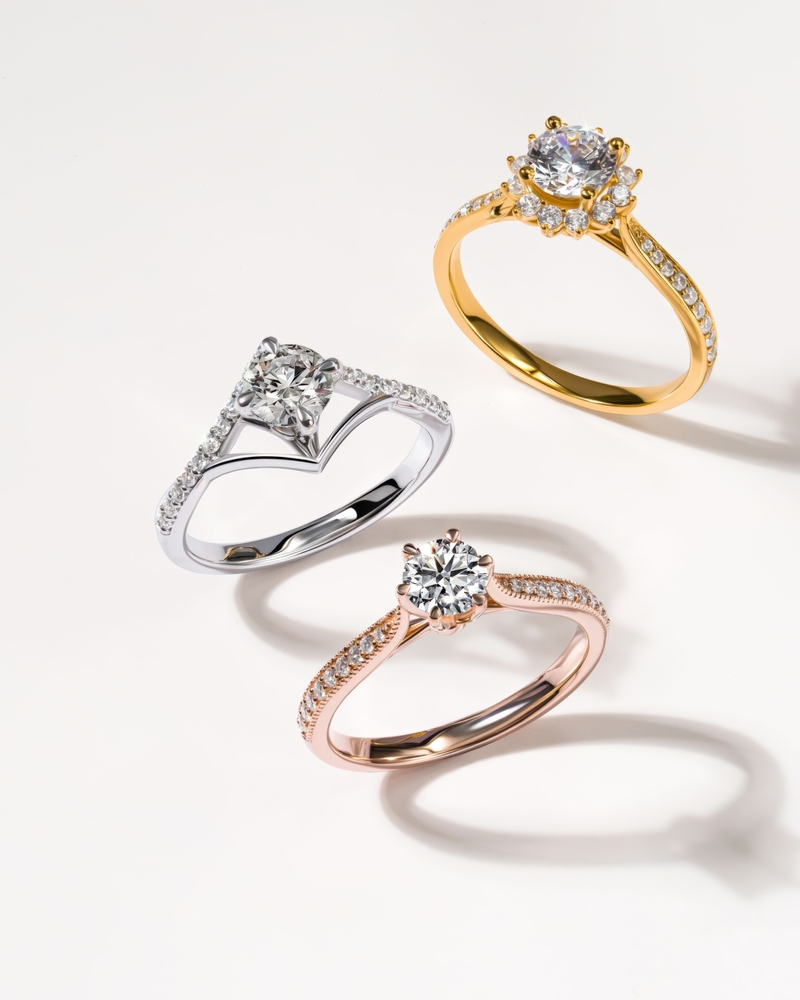
Maintaining Your Metal: Care Tips Gold vs. Platinum jewellery
Gold: Simple Care for a Lasting Shine
Maintaining gold jewellery is relatively straightforward; regular cleaning with mild soap and water will keep it looking new. However, those with higher-karat gold should be cautious about exposure to harsh chemicals that could damage the metal. Storing gold pieces separately from other jewellery can also help prevent scratches during storage. Regular inspections for loose stones or clasps can ensure your piece remains secure over time.
Platinum: How to Preserve the Polish and Prevent Scratches
Platinum requires less maintenance than gold due to its tarnish-resistant properties. A simple polish every few years can restore its shine without needing replating like white gold. This low maintenance requirement makes platinum appealing for those who prefer hassle-free care in their gold vs. platinum choice. Additionally, using a soft cloth for cleaning can help maintain its luster without scratching the surface.
Gold vs. Platinum in Different jewellery Pieces
Engagement Rings and Wedding Bands: Which Metal Works Best for Symbolizing Love?
When considering engagement rings or wedding bands, both metals have their merits. Platinum’s strength makes it ideal for securing precious stones safely over time, while gold offers a classic look that many couples adore. Many couples choose platinum for its durability, as they want their rings to last through years of wear without losing their beauty or integrity. On the other hand, some prefer gold’s rich history in wedding traditions around the world.
Necklaces, Bracelets, and Earrings: The Perfect Metal for Every Occasion
For necklaces or bracelets that may see daily wear, both metals are suitable; however, personal style preferences often dictate the choice between gold vs. platinum. Gold’s versatility allows it to blend seamlessly with various outfits while adding warmth through its rich tones. Conversely, platinum’s sleek finish provides an elegant touch that works well with formal attire or casual outfits alike.
Conclusion
In summary, choosing between gold vs. platinum ultimately depends on personal preferences regarding aesthetics, budget, maintenance needs, and lifestyle considerations. Both metals offer unique benefits—gold with its warmth and affordability, while platinum stands out for its durability and timeless elegance. By understanding these differences, you can make an informed decision that best suits your style and needs in jewellery selection. Whether you opt for the classic charm of gold or the sophisticated attraction of platinum, both metals have their place in creating beautiful jewellery pieces that can be cherished for years to come. Ultimately, your choice should reflect not just current trends but also your individual taste and how you envision wearing your jewellery throughout life’s special moments.
If you’re ready to find the perfect piece of jewellery that reflects your style and fits your budget, visit the Aarchievgold website today. Our expert team can help you navigate the gold vs. platinum decision with ease, ensuring you leave with a piece you’ll cherish for years to come!
FAQs
What are the differences between gold vs. platinum?
Gold is softer and more malleable, making it easier to work with, while platinum is denser and more durable, offering greater resistance to scratches and tarnishing.
Is platinum worth the higher price compared to gold?
Yes, platinum’s rarity and durability often justify its higher cost. It’s a long-lasting investment that requires less maintenance over time compared to gold.
Which metal is better for sensitive skin?
Platinum is hypoallergenic, making it a safer choice for those with sensitive skin or allergies to certain metals, while some gold alloys may contain nickel, which can cause irritation.
How do I care for my gold and platinum jewellery?
Gold jewellery requires regular cleaning to maintain its shine, while platinum needs minimal care—just an occasional polish to keep it looking new.

